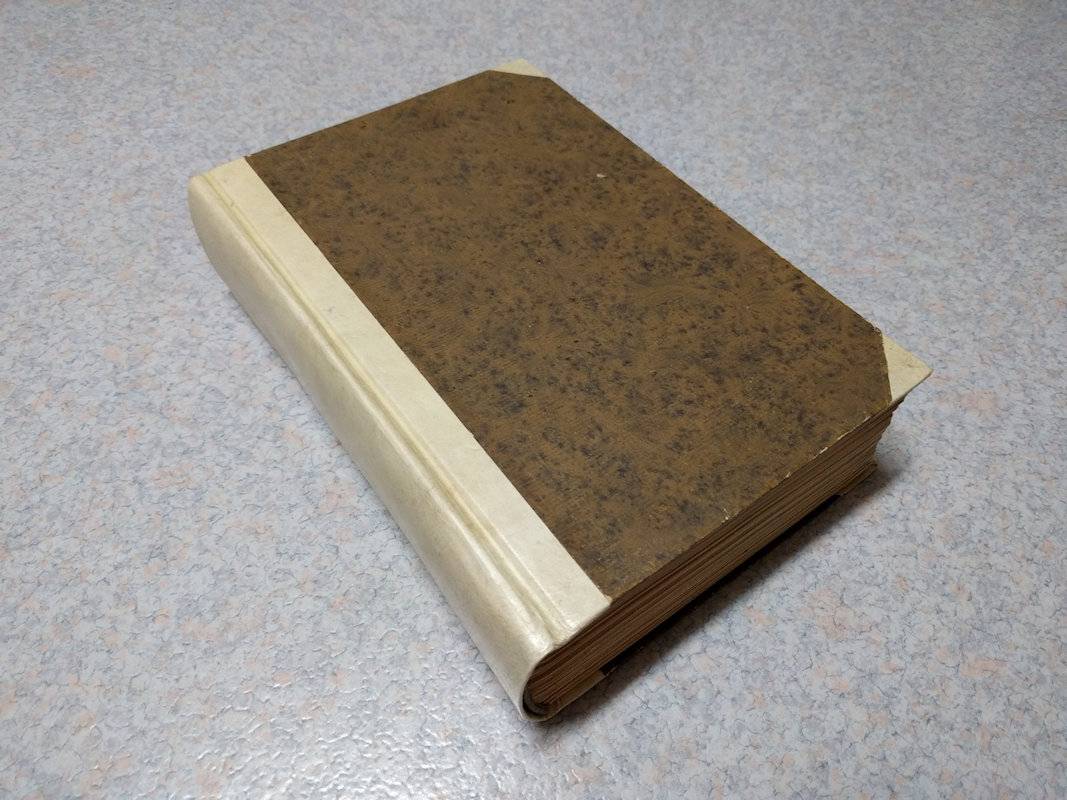HORATIUS.
Q. Horatius Flaccus, cum erudito Laevini Torrentii commentario, nunc primum in lucem edito. Item Petri Nannii Alcmariani in Artem Poëticam.
Antwerp (Antverpiae), Ex officina Plantiniana, apud Ioannem Moretum, 1608.
4to. (XX),839,(1 blank),(46 index) p. (2 engraved portraits, of Torrentius and Horace) Modern half vellum 26 cm (
Ref: STCV:6607438;
Schweiger 2,401: 'Commentar zeichnet sich durch Kenntniss der Grammatik'; Dibdin 2,97; Moss 2,14: 'A very beautiful and critical edition'; Ebert 10175: 'some of his corrections are very happy'; Fabricius/Ernesti 1,410: 'Cum erudito commentario Laevini Torentii, bonis Codd. MSS. usi') (
Details: Modern and modest binding, antique style. Engraved printer's mark on the title, motto: 'Labore et Constantia'. Engraved portrait of Torrentius after Gisbert Venius, beneath the portrait 2 distichs by the Antwerp Neolatin poet Johannes Bochius (Jan Boghe); engraved portrait of Horace. Woodcut initials) (
Condition: Title slightly soiled; ownership entry on the title; right lower corner faintly waterstained) (
Note: The works of the Roman poet Quintus Horatius Flaccus, 65-8 B.C., have enjoyed a continuous presence in European culture. Till well into the 20th century he stood central in school curricula. Earlier, in the Middle Ages, he was next to Vergil the most important school author. Horace is transmitted in around 300 medieval manuscripts. The Renaissance saw the beginning of a flood of editions. 'For Neo-latin poetry until modern times, and for all the vernacular literature of Europe from the 16th through the 18th centuries, Horace provided the dominant model both for private lyrics celebrating wine and love and for public lyrics celebrating affairs of state'. Young poets used Horace to learn the trade. 'Horace's elegant rationalism and moral wisdom, and also his disabused and tolerant tone, made his poems favorite reading during the Enlightenment'. (The Classical Tradition, Cambr. Mass., 2010, p. 454/60)
§ The humanist scholar Laevinius Torrentius, or in Dutch Lieven van der Beke, the editor of this 1608 edition, was appointed bishop of Antwerp in 1576. He was not only a theologian, but also a philologist, a combination, prelate and scholar, which was not rare in the Renaissance. In his youth he contributed to an edition of Varro's 'De Lingua Latina', Rome 1554. And in 1578 he published with Plantin a valued edition of the Roman historian Suetonius with his commentary. In a letter to Muretus Torrentius declared that his edition with commentary of Horace was ready in 1580, soon after the Suetonius, but that the war between the Spaniards and the Dutch republic was an obstacle for publication by Plantin. Later (1587) he wrote in a letter that the work on Horace was done, except for a commentary on the 'Ars Poetica'. Torrentius' Horace was posthumely published by the successor of Plantin, his grandson Balthasar Moretus, in 1608. For the lacking part, the 'Ars Poetica', the publisher used the text and commentary which had been produced by Petrus Nannius, 1500-1557, born in Alkmaar, and later also rector of the Latin School of that city. In 1539 he came to Leuven to teach on the 'Collegium Buslidianum'. His inaugural lecture there was on the 'Ars Poetica' of Horace. In the preface to the text of the 'Ars Poetica' in the 1608 edition (p. 767/68), written by Valerius Andreas, 1588-1655, we are told that a text and a commentary of the 'Ars Poetica', which had been produced in Leuven by Nannius, never saw the light, and that he edited Nannius' work (digessi et recensui), after having received a copy through the kind offices of his teacher Andreas Schottus, a Jesuit and humanist friend of Torrentius, to complete the edition of Torrentius. Andreas was a student at the same Collegium where Nannius had taught some 50 years before. Torrentius was also an accomplished neolatin poet, be it that his poetry is predominantly religious. His laudatory hymn on Balathasar Gerards, who murdered the protestant Prince of Orange, the Dutch 'Pater Patriae', in 1584, made him notorious in the Netherlands) (
Provenance: In ink on the title: 'Bibliothecae Augustin: Angiae comparavit L. De Hou.. ....... , 1710'. This book, bought in 1710, originates probably from the library of the 'Schola Latina', founded by Augustine monks in 1537 in the Flemish city Edingen, nowadays the Walloon municipality Enghien, located in the Belgian province of Hainaut. The Roman name of the town was 'Angia'. The school, 'Collège Saint-Augustin' still exists. (See: moncollege.be/histoire.html)) (
Collation: *-2*4, 3*2, A-Z4, a-z4, Aa-Zz4, AA-ZZ4, aa-nn4 (leaf nn4 verso blank), A-F4 (minus leaf F4, a blank)) (Photographs on request) (Heavy book, may require extra shipping costs)
[
Book number: 140138 Euro 460.00
Keywords: (Oude Druk), (Rare Books), Altertum, Altertumswissenschaft, Andreas Schottus, Antike, Antiquity, Belgian imprints, Komödie, Laevinius Torrentius, Latin literature, Levenius, Nannius, Plautus, Valerius Andreas, classical philology, comedy, römische Literatur
 HORATIUS.
HORATIUS.